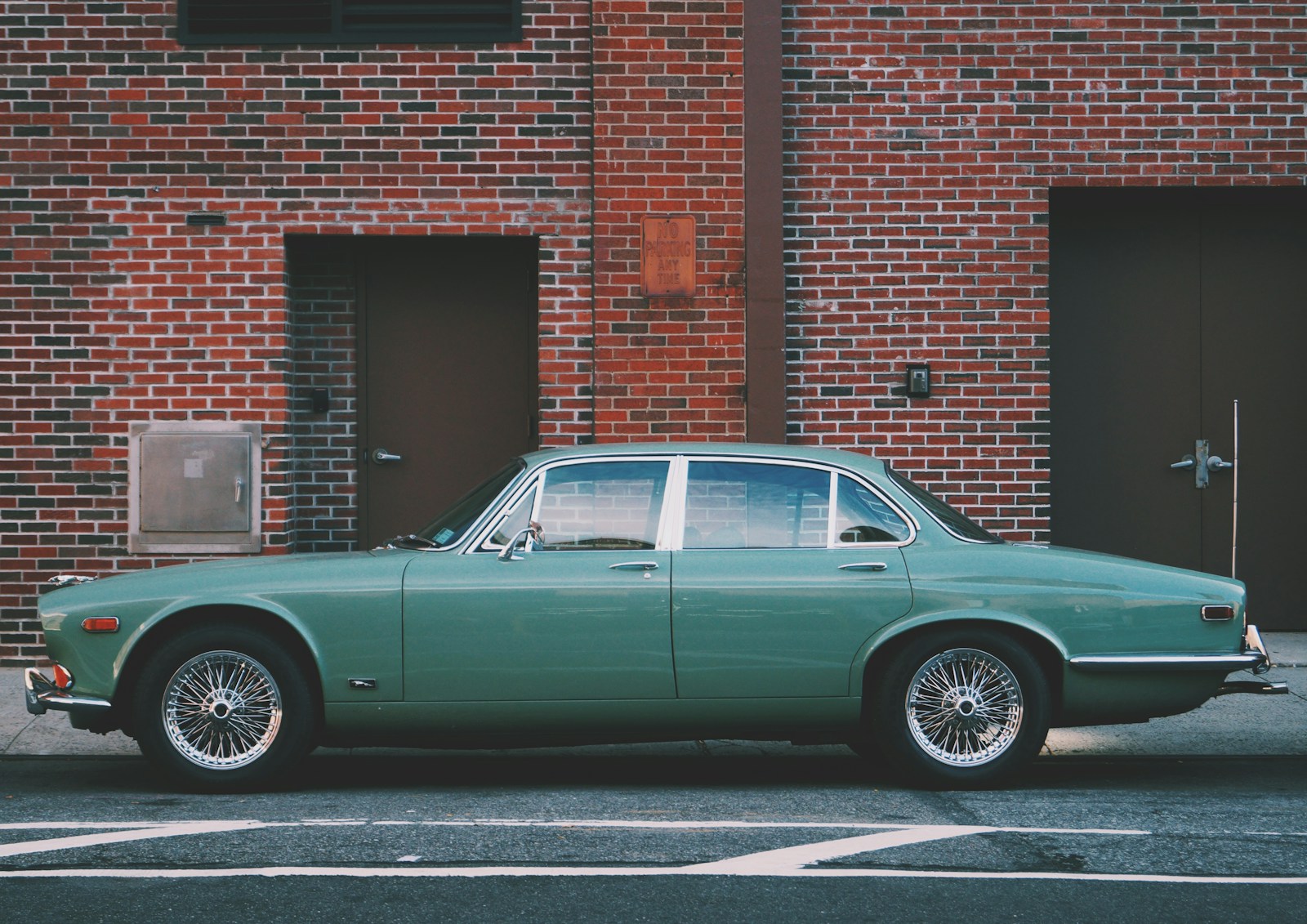Owning a classic car in Hamilton is a real privilege — but we all know it’s not just about showing off your pride and joy. Old-school rides like a Fiat Spider, Citroën DS, or the odd Toyota Crown need a bit more TLC than your neighbour’s Corolla or Mazda3. Whether you’re driving out to Morrinsville for a sunny Sunday run or just rumbling around Te Awamutu on a foggy morning, classic vehicles need some good old-fashioned attention to keep them humming.
1. Stay on Top of Oil & Filter Changes
Keep That Engine Sweet
We see it all the time — sludge builds up when oil’s left too long. And with classic cars, you’re not always burning through kms like you are on State Highway 1 into Hamilton every day. Doesn’t matter. Even if you’re taking your old Benz or Mini out just for the odd drive along Peachgrove Road, you’ll still want to get the oil and filter changed every 3,000 miles or every six months. We’ve seen a few Triumph Stags with corroded engines from old oil sitting about. Regular changes keep everything ticking along nice and smooth.
2. Watch the Fuel System
New Petrol, Old Cars — Find a Balance
Modern fuels, especially anything with ethanol, can really mess with older seals and rubber lines. Had a lovely lady from Cambridge come in with her 1970s Alfa Romeo — fuel hoses had gone soft and leaky thanks to the wrong petrol. Try to find ethanol-free fuel if you can, or pop in a bit of stabiliser if you’re putting the car to sleep over winter. If you’re not sure what’s best for your car, our team can talk you through additives — and you’ll find more info about fuel system stuff here.
3. Keep the Electrics Fresh
Old Wiring, Modern Problems
We get a fair few European classics, old Audis and Mercs, coming in from places like Ngaruawahia and Hamilton East — most have some kind of electrical gremlin. Wires crack, insulation goes brittle, and next thing you know the wipers cut out halfway down Grey Street in Hamilton rain. Have a good look under the dash for any crumbly bits, or let us check it while you’re in for a WOF Hamilton check. Upgrading fuses or rewiring from scratch? Sometimes worth it if you want your pride and joy to stay reliable. Read more about preventing common electrical issues here and here.
4. Cooling System — Don’t Let it Overheat
Old Rads on Hot Days
Hamilton’s climate can be rough on classics, especially if you’re stuck crawling through traffic by The Base or heading out to Raglan on a stinking hot afternoon. These engines weren’t built for our stop-start pattern or those annoying potholes on River Road. Flushing the cooling system, checking hoses and radiator caps — essential. Had a chap in with a rare Peugeot 504 coupe last summer, and dodgy coolant saw him pulled over with steam pouring out halfway up Dinsdale hill. Don’t risk it — check out this guide for more tips.
5. Brakes and Tyres — Don’t Get Caught Out
Classic Safety for Kiwi Roads
Bald tyres on an old Jaguar rolling through Chartwell? Not a good combo. Classic car rubber cracks with age, even if there’s plenty of tread left — especially after a winter parked up in Rototuna. Brakes are even more important. On older cars like the Honda S600 or a Vauxhall Victor, we see heaps of worn pads or leaking fluid, and it’s easy to overlook when you’re only out for the weekend cruise. Stay safe — get brakes checked regularly, and don’t forget those tyres.
Look, we love working on the weird and wonderful here at Grimmer Motors — from rusty old classics to fancy Euro projects. When you leave your car with us, you’re getting practical advice, proper service, and a bit of friendly banter. Doesn’t matter if you’re from Hamilton, Tamahere, or even Matangi — your classic deserves the best. If you want your retro ride to last through foggy mornings and blistering afternoons, pop in or Book Now

